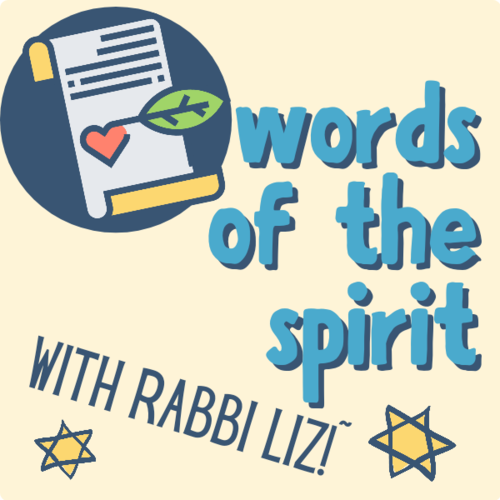Pride and Visibility: In the Wake of the Pulse Shooting in Orlando
14/06/2016 03:07:46 PM
| Author | |
| Date Added | |
| Automatically create summary | |
| Summary |
The devar torah and discussion took place on the Shabbat during Sukkot, the Festival of Booths. I was a rabbinical student, and my primary “davening” community was at Minyan Dorshei Derekh, one of three such prayer groups that meet at Germantown Jewish Centre in Philadelphia. Along with the Jewish Renewal congregation that met nearby, the communities served as an anchor to a kind-of urban shtetl.
Because so many folks who belonged to these congregations lived in the neighbourhood, a Sukkah Walk had become a custom on that holiday’s Shabbat afternoon. Folks would stroll from sukkah to sukkah, and spend some time eating, schmoozing, studying text, or just hanging out, experiencing the special joy of the fall holiday. Many of the colourful and roomy sukkahs could be seen from the main street, a leafy, curvy drive that cuts through the neighbourhood.
The question posed following the devar torah that Shabbat of Sukkot was linked to some recent incidents related to personal security and safety. We were considering the visibility of our sukkot – our sacred yet fragile shelters, providing safety, protection as well as communal visibility - in a not-always-welcoming or safe broader civic culture. Were we putting ourselves at risk by being so visible as Jews, by gathering publicly and identifying ourselves, literally, on the street, as Jews?
Even back then – even more so back then? – I had no doubt, and shared this view in the discussion: I was always at greater risk in the broader community by being visible as a queer person than I was by being visible as a Jew. From the time I moved to the United States for rabbinical college in 1989 until the time I returned to Canada in 2013, and despite the great and significant changes that had unfolded during those 24 years, I knew this to be so, from my own experience.
This past erev Shavuot, at a joyous and lively communal celebration that brought together prayer groups from different congregations in Ottawa, I led one of several breakout sessions at our tikkun leyl Shavuot, observing the holiday’s tradition of studying late into the evening. Our topic was Who Do We Think We Are: Exploring Jewish Identity, which we explored by physically placing ourselves in areas of the room in response to a variety of prompts related to Jewish identity and practice.
Our third exercise was in the form of a line. Statement were offered, each one providing participants the opportunity to step across the room to place themselves in a spectrum of agreement-disagreement. In a particularly striking moment, there was almost unanimous positive response to each of the following statements: I feel a responsibility to respond to expressions of antisemitism… racism… transphobia… gender stereotyping… homophobia…Islamophobia. The group remained close together, in the affirmative zone.
The following morning, the first news was of the attack at the Pulse nightclub in Orlando, Florida. Forty-nine souls were destroyed, dozens more maimed, scores more terrorized, while gathering, on a special Latin night, during Pride month, in a place of shelter, joy and communal visibility.
One of my Reconstructionist colleagues, Rabbi Anna Boswell-Levy, writes:
The hate and vitriol in this country for our GLBT brothers and sisters is so intense; it is an intensity that should make none of us feel safe. This hatred is directed at will toward women, minorities of all kinds, Jews, and Muslims, the poor. We need to gather up all our love and all our courage NOW to work together to rebuild trust and find solutions so that we can feel safe again. Let us try to get past the anger we rightfully feel and create some justice in the wake of this atrocity. May all the memories of the murdered rouse us from complacency and become a blessing.
The late Solomon Burke popularized a song with lyrics by two Jewish songwriters, Cynthia Weil and Barry Mann – None of Us Are Free. This is the anthem I offer in the wake of the Orlando Pulse shootings, in the hopes of not only rousing us all from complacency, or from the thick weight of frustration and sadness that we may experience following such events, but by reminding us all of the deep truth of our connection to all, and especially to all whose visible and invisible identities mark them as targets of murderous hate. Listen. Sing. Pray. Act.
- Rabbi Liz
Thu, 3 July 2025
Special Messages from the Rabbi
Privacy Settings | Privacy Policy | Member Terms
©2025 All rights reserved. Find out more about ShulCloud







